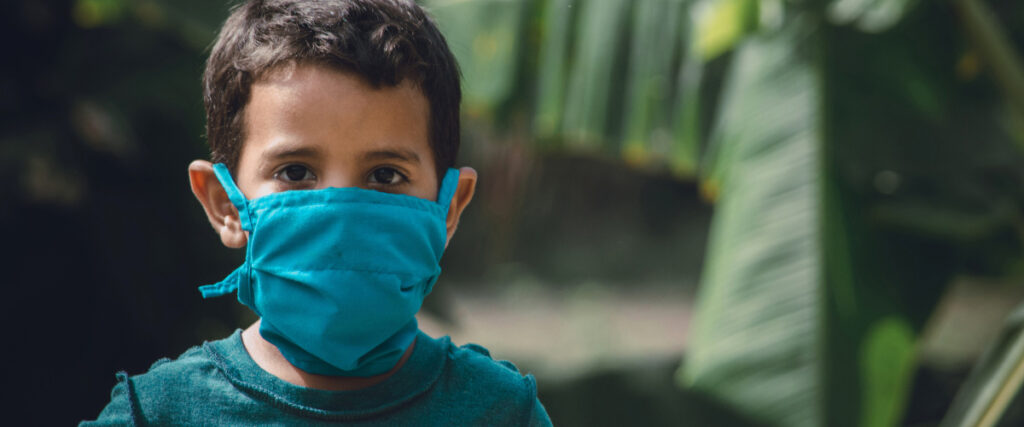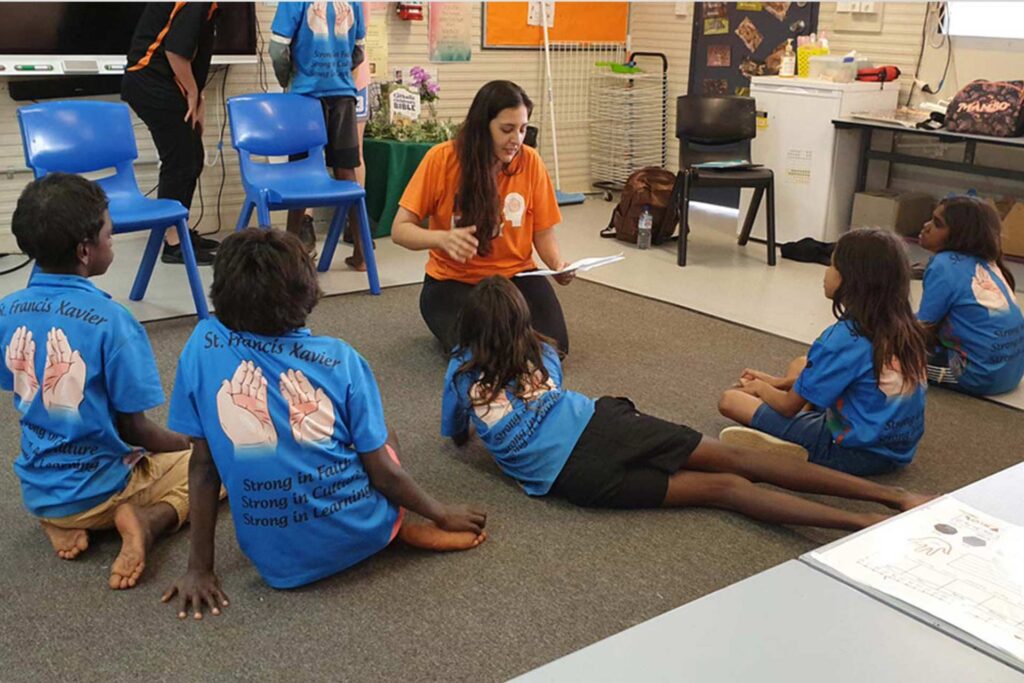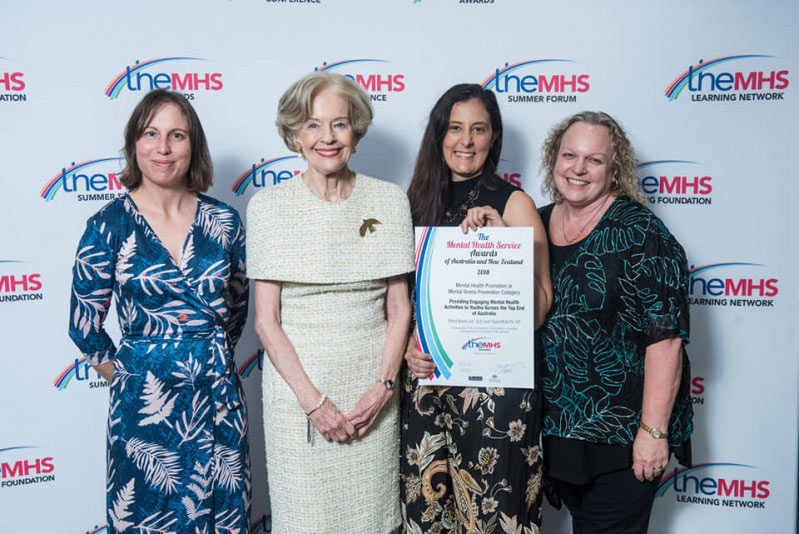The COVID-19 pandemic has struck everyone’s life, including children. With various schools and childcare programs closed due to the protocol of social distancing, so many children missed out on their chance to grow mentally.
Even medical experts, such as Dr. Michelle Aguilar, the head of paediatrics at Venice Family Clinic in Los Angeles, California, are claiming that children are lacking social and cognitive stimulation due to the pandemic. Therefore, many kids are dealing with issues, like delays in language and speech. Plus, they are also not able to get along with others in large groups or gatherings.
Besides the delay in social interactions, there are many other consequences that the pandemic has put in the youngest minds of our society. With so many parents undergoing financial crises, most kids are also facing insecurities related to housing and food.
Some are also feeling higher rates of household dysfunction and neglect. All this can impact a child’s trajectory when they grow into adults. According to many studies, early life experiences—especially adverse events—play a major role in the development and mental understanding of children.
However, in this article, we majorly focus on the impact of the pandemic on children’s cognitive development.
What is cognitive development?
In the first five years, kids grow and develop quickly in four main areas. These areas are language and communication, social/emotional growth, motor (physical) skills, and cognitive development.
Cognitive development refers to how kids explore, think, and figure out various things around their surroundings. This is mainly developing their overall skills, knowledge, dispositions, and problem-solving. All these factors are important in the lives of children to make them understand and think about the surrounding world. Even brain development is a major part of cognitive development.
Being a parent, it is vital to boost a child’s cognitive development from the time he/she is born. It is crucial because early development and learning can lay a strong foundation for a child’s success in his/her later life.
For instance, a study claims that children who can learn to distinguish sounds as early as six months of their age are better at various skills. Therefore, it is important to work on early learning in kids to promote their cognitive development. It also helps them to actively engage in various interactions on an everyday basis.
Some things to try for their cognitive development are:
● Singing and reading to babies.
● Naming some commonly used objects to your baby.
● Talking to the baby when playing.
● Exposing a toddler to puzzles and books.
● Letting a baby explore while moving and playing with toys.
● Answering child’s all ‘why’ questions.
● Developing child’s interests in certain learning activities. For instance, you can introduce a toddler to dinosaurs by taking them to a natural history museum.
● Teach your child about various creatures on earth while growing up.

Another good way to boost cognitive development in your child is by offering them various choices. Also, prompt a child to make wise and thoughtful decisions. You may even have to let your child figure out their ways to deal with certain problems. You can offer some encouragement and guidance. But let your child explore various ways to solve some situations, like a puzzle. It may need your patience, but it’s likely to help them learn while improving cognitive development.
Types of cognitive development
In early adolescence:
● Begins to use formal logical operations at schoolwork.
● Uses complex thinking ways for decision-making at home or in school.
● Starts speaking and forming their own thoughts and views on various topics.
● Starts questioning society’s standards.
● Begins to speak and form their individual thoughts on various topics.
● Starts to talk about sports or groups they like.
In middle adolescence:
● Often questions extensively.
● Starts analysing things around them more extensively.
● Starts using complex thinking processes in some of their experiences.
● Begins to form their own ethical codes. For example, they say what they do is right.
● Talks about more futuristic and philosophical concerns.
● Talks about various possibilities and starts forming their own identity.
● Starts thinking for the long-term.
● Thinks about their future goals systematically. For example,he/she says what they want to do.
● Uses systematic thinking and starts building relationships with others.
● Think about making their own plans.
In late adolescence:
● Often has idealistic views on certain concerns and topics.
● Starts focusing on making specific career decisions.
● Uses complex thinking to concentrate on self-centred concepts, as well as personal decision-making.
● Thinks more about various global concepts, like history,politics, justice, and patriotism.
● Develops and debates about intolerant happenings around them.
● Starts focusing on his/her role as an individual in our society.
Stages of cognitive development
There are four stages of child cognitive development, such as:
1. Sensorimotor Stage
It is the very first stage when cognitive development begins. This stage starts from birth and lasts until two years of age. It is mainly determined by various reflexive actions that often lack logical thoughts and majorly involve interaction with the environment as per a specific goal.
This stage reflects the quick development of the brain in the first two years of a child. This stage ends when children start considering reality and start entering the second stage.
There are around six different substages of the sensorimotor stage. Such as:
● Birth to one-month-old: This substage starts when innate reflexes are used by a baby to interact with the environment. Such reflexes are gripping, sucking, and touching.
● One to four months of age: This substage is a further extension of the previous reflexes in newborns. It is identified by repetitive reflexive behaviours in response to pleasure by doing the same actions. It is also characterized by accommodation and assimilation. Meanwhile, the adaption to the local environment is the main reflex. If we talk about assimilation, it involves responses to a unique stimulus that’s consistent with previous reflexive experiences. For instance, when a new object is shown to a baby, their natural reflex is to put it in their mouth. Accommodation, on the other hand, occurs when a baby needs to change their response to a specific object. For instance, to place a new object in their mouth, they start to open their mouth wider.
● Five to eight months of age: In this substage, infants start recreating pleasurable experiences and develop some habits. However, multitasking is not easy for them at this stage. So, they easily get distracted by any stimuli in the environment. Infants in this age enjoy playing with toys that engage with their intuitive nature. They do so by reacting to various actions, such as playing with toys that make sounds or those with buttons to turn on lights.
● Eight to twelve months: in this stage, infants start understanding object permanence. This means that infants begin to comprehend that even if an object is out of sight, it still exists. It is significant to them because an infant most probably forms an image of that object. They also start differentiating between an object and activities related to that object. They even start displaying particular behaviours for eliciting an already-known reaction.
● Twelve to eighteen months: in this developmental stage, infants start engaging in the same actions with minute deviations. For instance, they may throw a ball, then a spoon, and then their food to know the consequences of their action.
● Eighteen to twenty-four months: It is the final stage of the sensorimotor phase. In this stage, infants start pretending while playing. They also develop symbolic thought. Their imagination starts to form, and their actions become the result of their intelligence instead of being a specific habit. It also means that infants are likely to apply specific knowledge that they learn in their first 24 months of life to new situations.
2. Preoperational Stage
This stage goes from two years to approx. six or seven years of age. At this stage, kids have not formed the ability to acknowledge what others may have experienced. They also start engaging in quite complex and pretentious play.
3. Concrete Operational Stage
This stage often ranges from six years of age to around twelve or thirteen years. It is characterized by conservation that involves one’s ability to discern two equivalent quantities. For instance, the ability to identify two equal amounts of water—i.e. one in a short glass and another one in a tall glass.
4. Formal Operational Stage
This cognitive stage starts during adolescence. It is identified with the logical applications to some abstract thoughts. The ability to do some abstract thinking may also get applied to some futuristic aspirations and goals. This particular thought process begins from early operational thoughts that involve fantasies. And, it further goes to the late formal stage of operation that turns fantasies into real thoughts and some attainable goals.
How do we promote cognitive development in children?
Here we share with you the 10 interesting ways to promote cognitive development in your children:
1. Sing-a-longs
It is best to sing specific songs to your child while encouraging them to sing along with you. It is best to play your child’s favourite songs or music in a car or house. After hearing the song, your child may start singing along. This activity is good for promoting work identification and sharpening memory.
2. Recognise Noises
Let your child identify some noises that they often hear in a day, such as a car horn, a bird singing, a dishwasher, etc. They will soon start learning what sound is of what object and also relate to it in their daily environment.
3. Practice Counting
Look for opportunities throughout the day while practising counting. It is best to start by counting the number of shirts, shoes, or toys in your child’s room or closet. You can do this playful exercise when your child is getting ready for the playground or park. After some time, you will find them counting on their own.
4. Practice Learning Alphabets
Help your child to learn and recognise specific letters. One easy way to do so is by singing the “Alphabet Song” with them. Or you can read books on the alphabet. Or play alphabet puzzles to make learning easier. Here are some examples of easy games to make your child learn the letters with ease:
- Feature different letters of the alphabet on specific cut-out squares. Write them in bright colours to make them interesting.
- Keep the letters in different areas of your house.
- Go through each letter with your child while encouraging them to search for the next letter around the house and put it on a floor in order.
- When completed, keep the alphabet in order on the floor or wall until you want to play this game again.

5. Make Them Learn Different Shapes and Colours
Make your child understand different colours and shapes while interacting with them. You can tell them what is round, blue, yellow, square, etc. Also, ask them to describe the shape and colour of their toys, food, and other things around them.
6. Offer Different Choices
When you call your child, offer him/her certain choices. For instance, would you like to wear blue shorts or brown shirts? Or what would you have for lunch—peas or potatoes? It will make them feel more independent while learning to make decisions with confidence.
7. Visit Various Interesting Places
It is crucial to take your children to interesting places like a library, museums or a farmer’s markets. These places are likely to develop curiosity in their mind. Meanwhile, they will get more hands-on experiences with these places. Also, ask them questions about various objects around them while exploring a place. Such adventures offer a great learning experience not just to a child, but to you as well.
8. Ask Questions
One more interesting way to help your child develop cognitive behaviour is by asking them several questions. For instance, you can ask a child “which toy would he/she likes to pick up first while cleaning up a room?” or “what is the importance of going down slowly on a staircase?” Such questions will help your child to learn to find logical reasons. Moreover, they will understand how a normal environment works.
9. Playing with Everyday Items
You can consider playing with your child using routine household items for educational and fun interaction. For instance, ask your child to match different sized lids to their respective pots or make them look into a mirror to point out where’s their mouth, nose, teeth, eyes are etc.
10. Play a Variety of Games
Playing a variety of games encourages your child to develop creativity and problem-solving skills. If your child is young, together you can build blocks,play with Lego, or play hide and seek. When your child grows up, you can engage them in board games, puzzles, and maths equations.
How has the pandemic affected cognitive growth in children?
The isolation period during the pandemic took away caregiver support from children. In some cases, even family support was taken away due to the death of parents in the pandemic. Moreover, the limited or lack of stimulation and socialisation deprived infants of normal cognitive-developmental experiences.
Even the home environment became more unstable and stressful in some cases, due to financial crisis. Moreover, parents were left juggling work and childcare. This made parents unavailable and less devotion to providing an enriching environment for children’s growth. All this happened due to decreased family interaction, as parents were already too stressed about their financial condition.
With such dramatic situations, children’s cognitive development has suffered a lot. With parents and others wearing masks, infants are not able to see the expressions of people around them. This leads to muffled instructions, non-verbal cues and altered understanding of interactions. That’s how children couldn’t develop cognitively as they were supposed to.
Whether all these low cognitive scores will leave a long-term impact on their life is unclear for now. However, considering the magnitude of the issue, researchers are starting to address this as soon as possible. Because learning is vital at the right life stages, it helps in enhancing the cognitive development and overall learning skills in children.






